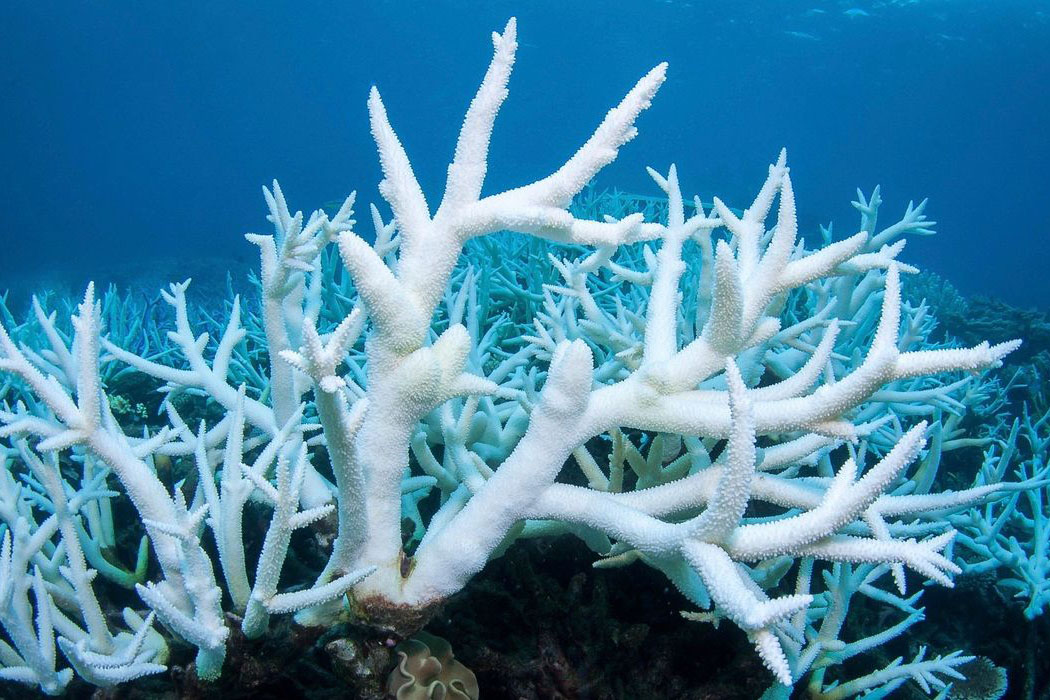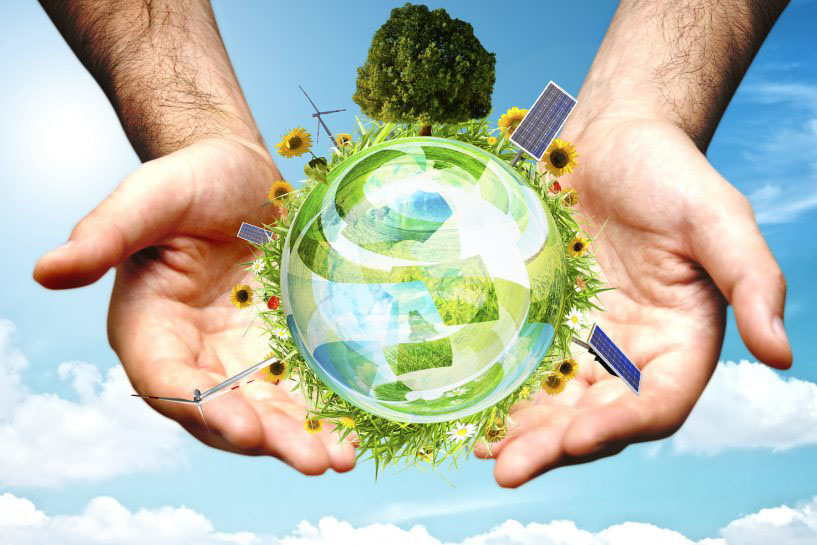There is no country that is not experiencing the drastic effects of climate change. Greenhouse gas emissions are more than 50 percent higher than in 1990. Global warming is causing long-lasting changes to our climate system, which threatens irreversible consequences if we do not act.
The annual average economic losses from climate-related disasters are in the hundreds of billions of dollars. This is not to mention the human impact of geo-physical disasters, which are 91 percent climate-related, and which between 1998 and 2017 killed 1.3 million people, and left 4.4 billion injured. The goal aims to mobilize US$100 billion annually by 2020 to address the needs of developing countries to both adapt to climate change and invest in low-carbon development.
Supporting vulnerable regions will directly contribute not only to Goal 13 but also to the other SDGs. These actions must also go hand in hand with efforts to integrate disaster risk measures, sustainable natural resource management, and human security into national development strategies. It is still possible, with strong political will, increased investment, and using existing technology, to limit the increase in global mean temperature to two degrees Celsius above pre-industrial levels, aiming at 1.5°C, but this requires urgent and ambitious collective action.




